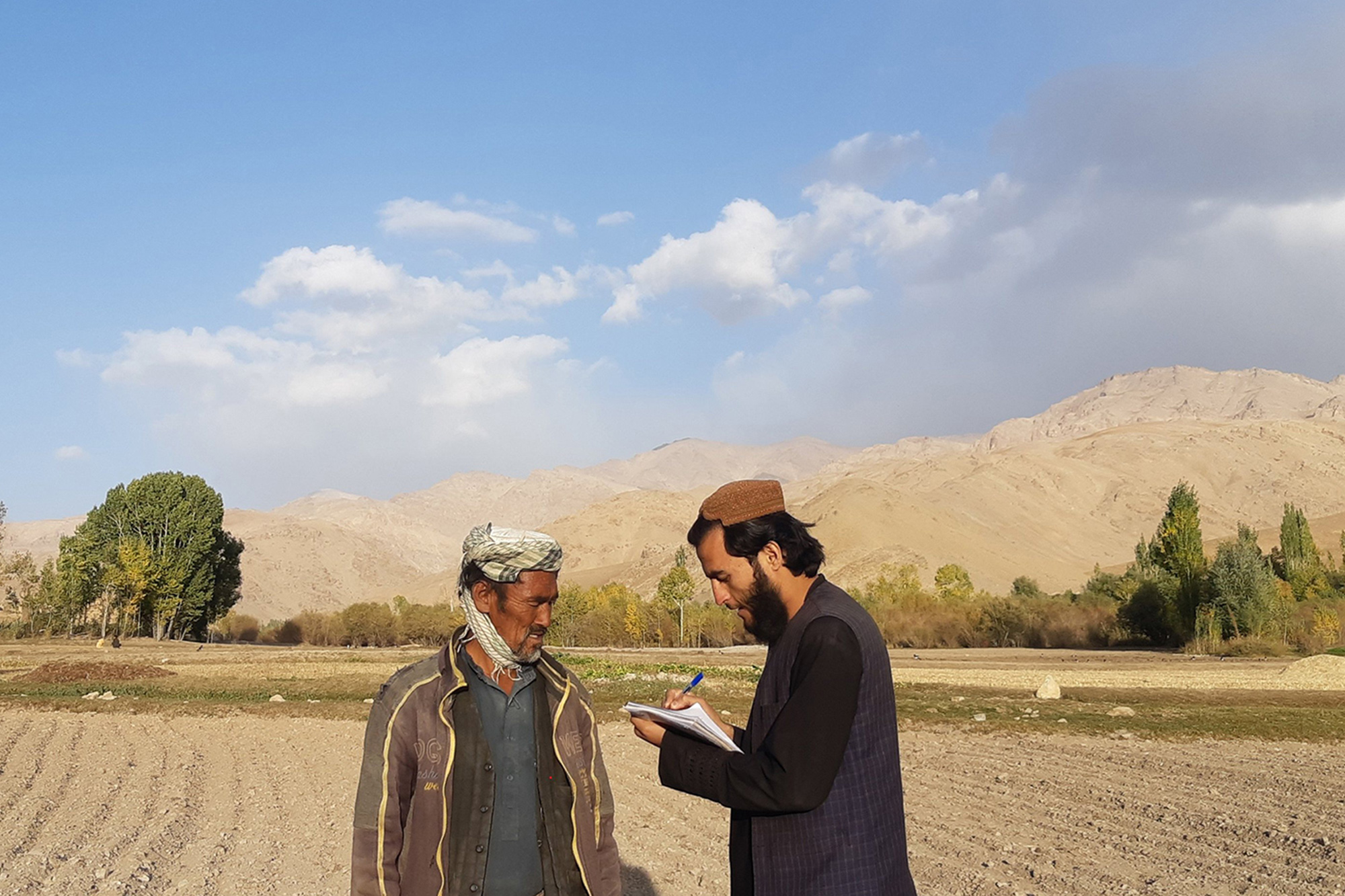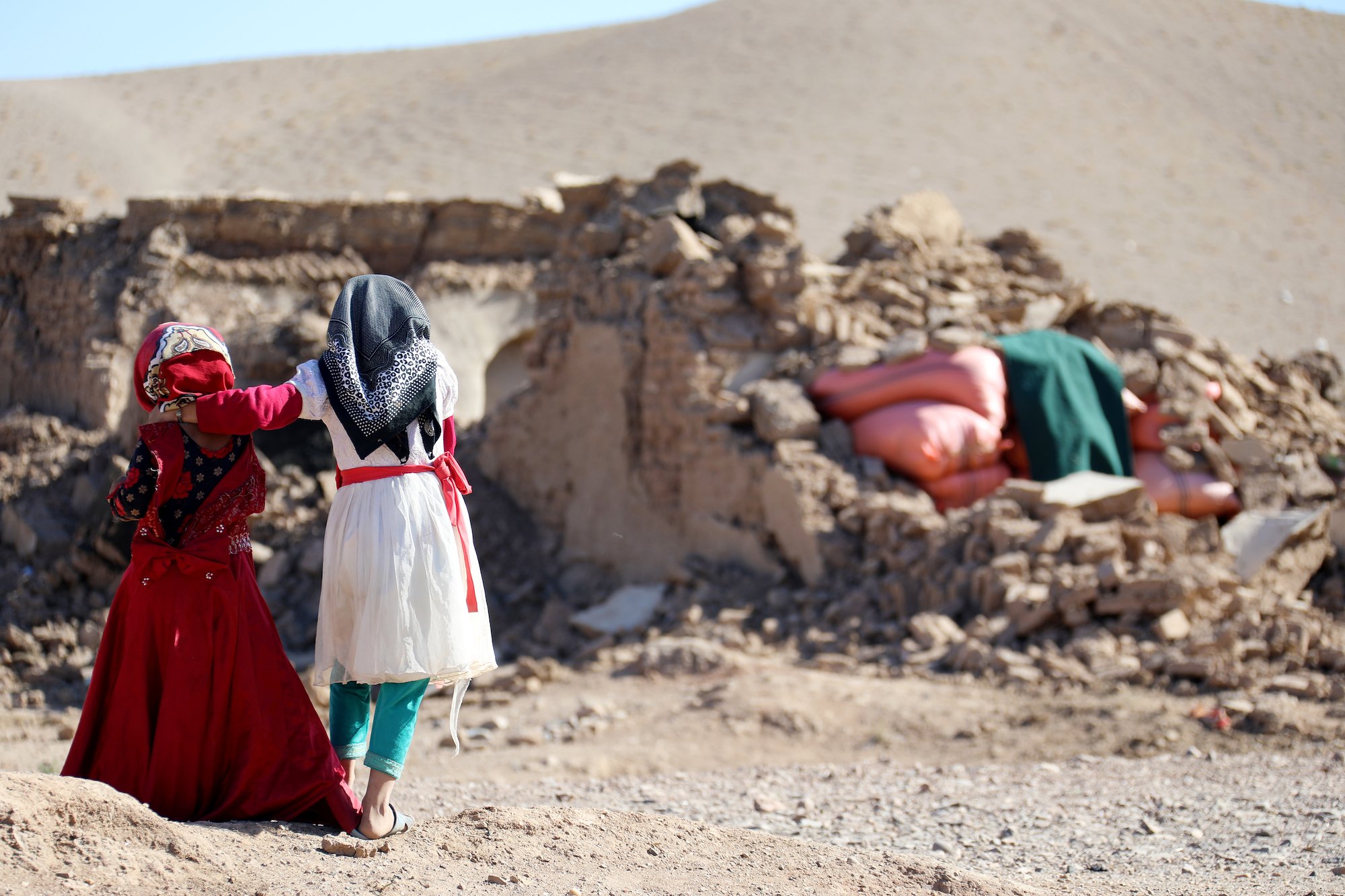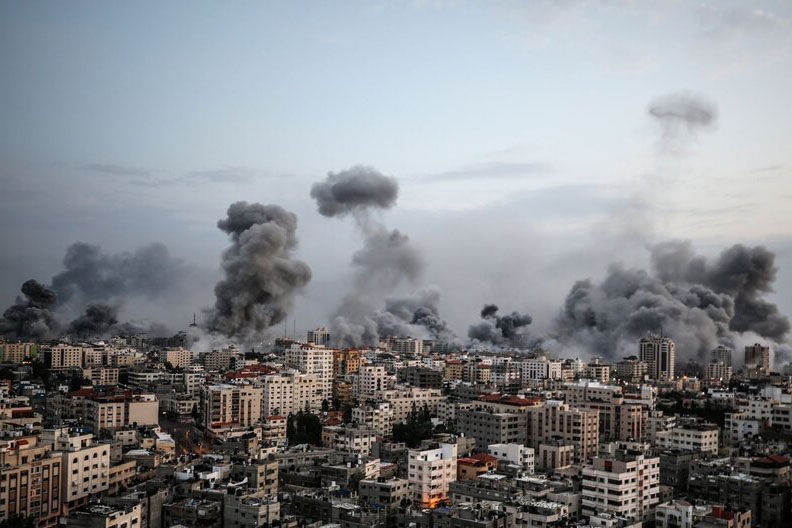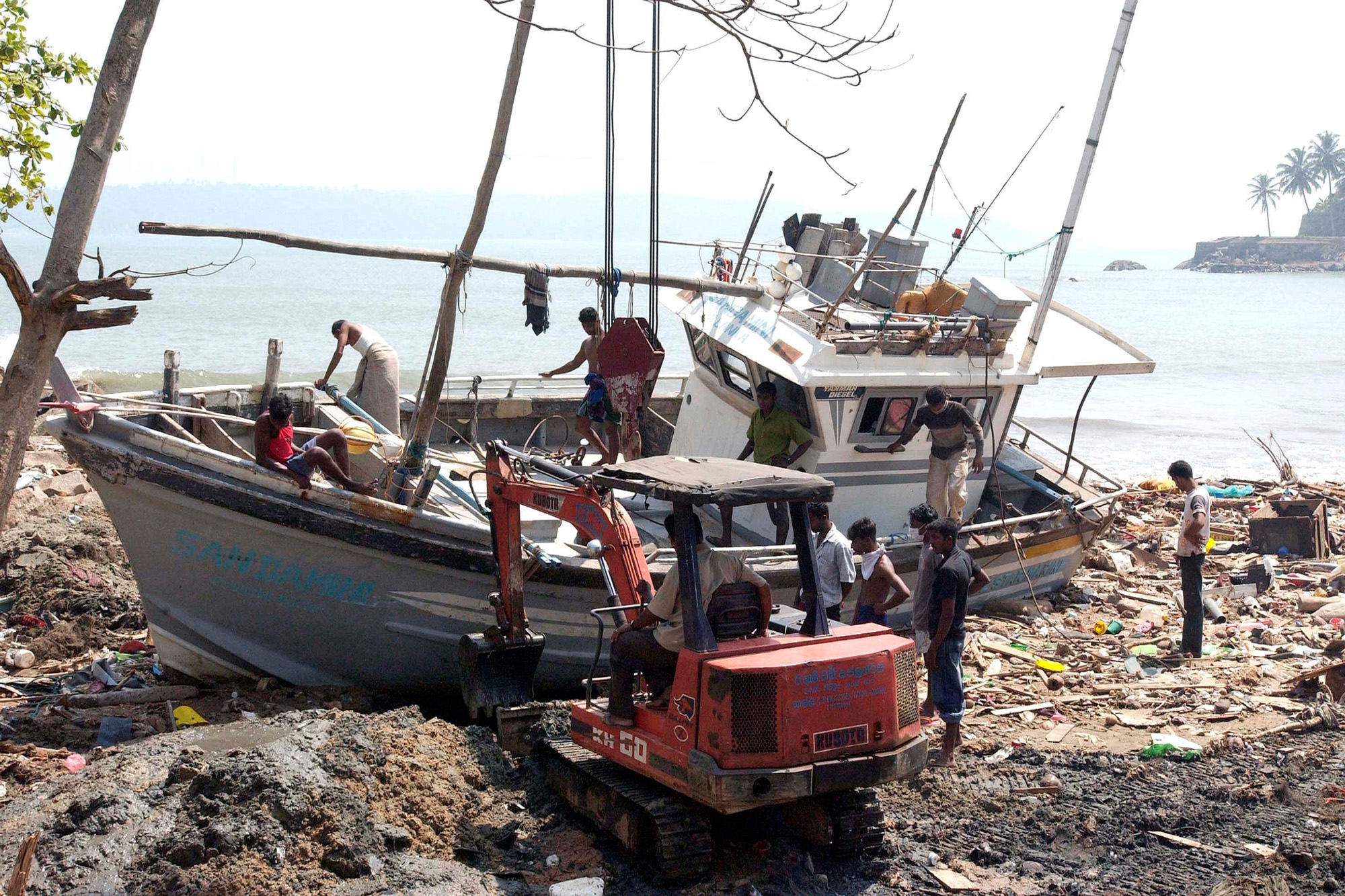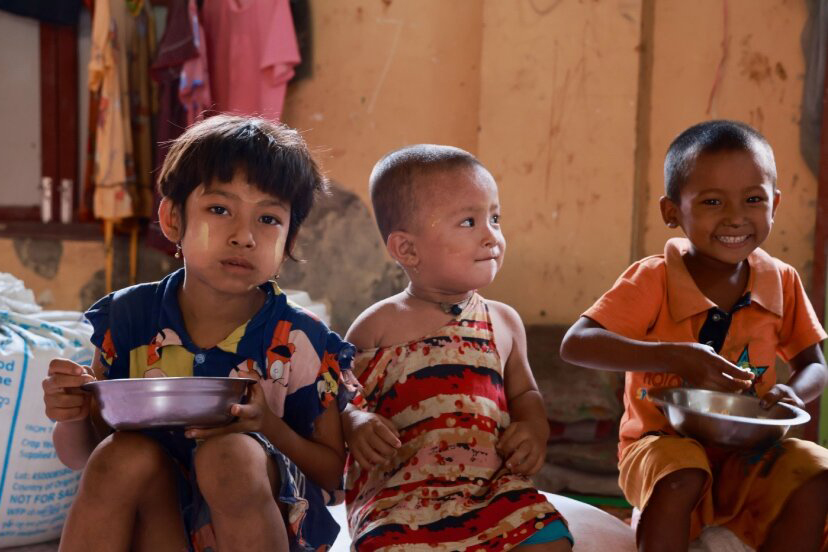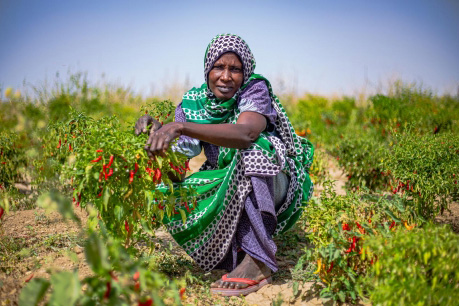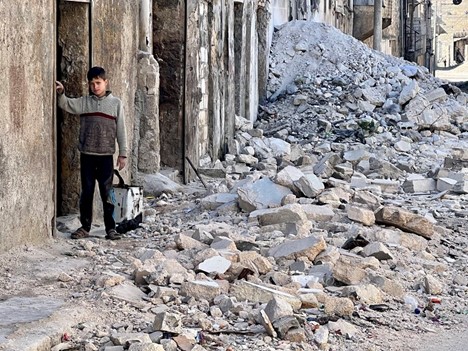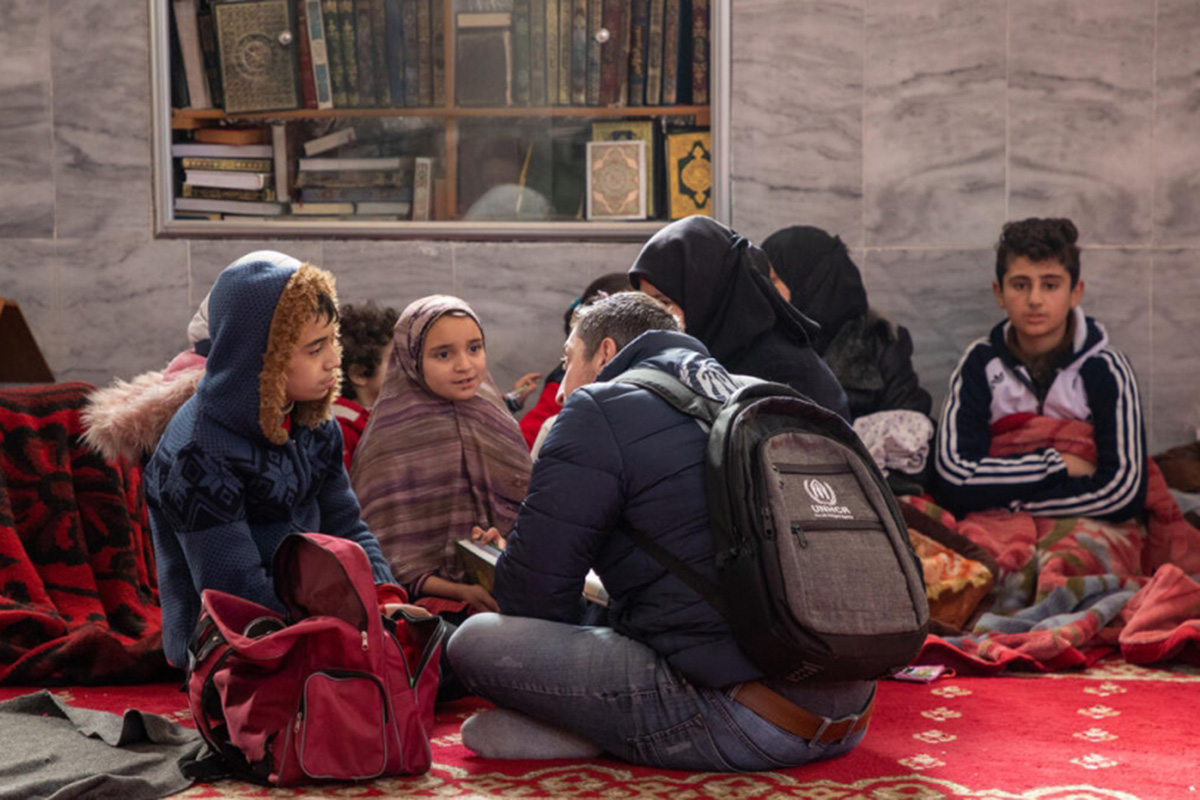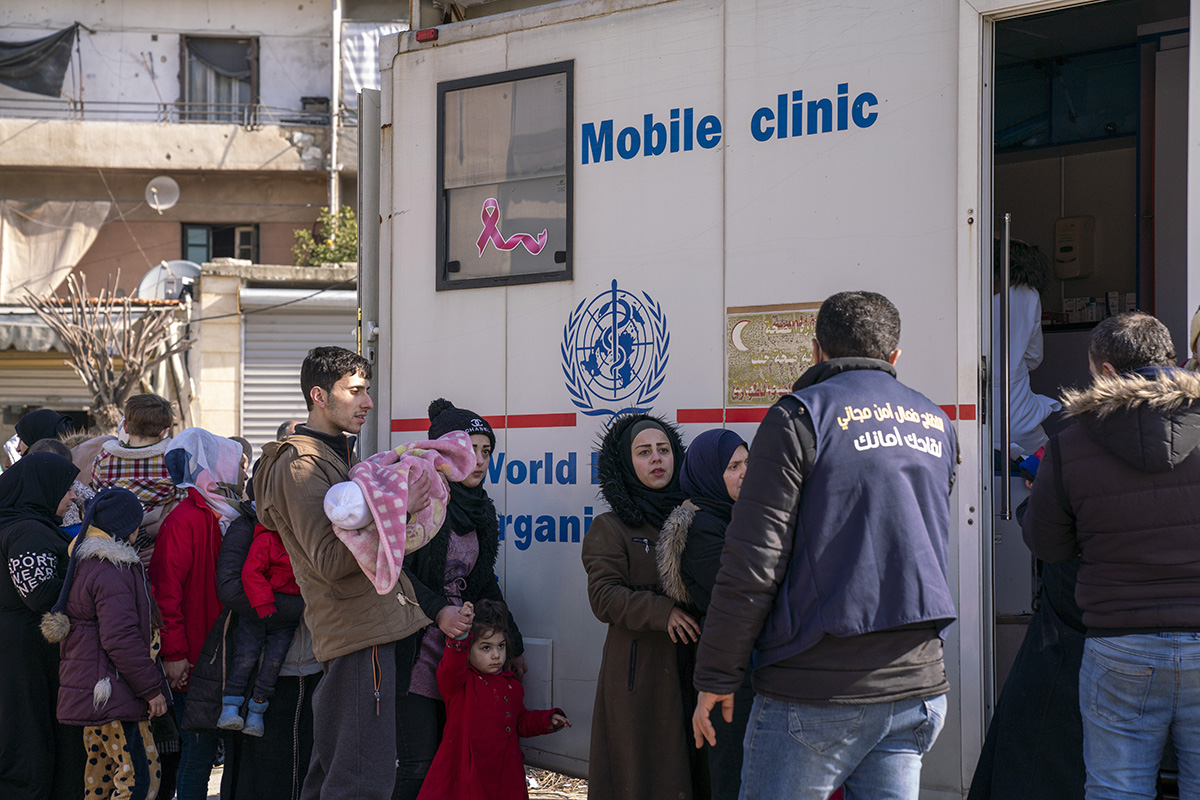On 7 October 2023, two 6.3 magnitude earthquakes hit western Afghanistan, causing loss of lives, injuries, and damages. 1,384 people died and more than 21,500 homes were destroyed, affecting around 154,000 people. The Food and Agriculture Organization of the United Nations (FAO) completed a rapid impact assessment of the damage caused to people, livestock, and crops within two days of the disaster, thanks to the Data in Emergencies (DIEM) Hub. DIEM combines remote sensing and primary data to provide a granular and rapid understanding of shocks, allowing for more informed and rapid responses.
Disaster Relief
Disasters are not inevitable. Proper preparation can lower a community's vulnerability and exposure to oncoming hazards. Do you have a plan before the next disaster strikes?
After Cyclone Idai, the Zimbabwe Idai Recovery Project funded by the World Bank has been pivotal in helping Nation and his community rebuild and foster long-term resilience.
One year on, reproductive health and protection services have yet to fully recover. Many women and girls still remain in temporary shelters – in both Türkiye and Syria – where risks of violence, sexual exploitation and abuse have soared, and where access to services and support to prevent and respond to gender-based violence are limited.
The devastating earthquakes in western Afghanistan have left a trail of sorrow, as narrated through the poignant stories of survivors like Dawood, Mahzada, and Raiza Gul. Trapped under debris and haunted by the cries of his daughter, Dawood emerged from the wreckage to discover the loss of his brother and another daughter. Mahzada's simple life in the village crumbled with the walls during the earthquake, leaving her family in darkness and despair. Meanwhile, Raiza Gul, saved by a twist of fate as she checked on her sheep, witnessed the collapse of her village and the tragic demise of 27 family members. These narratives emphasize the urgent need for comprehensive humanitarian aid, addressing shelter, medical care, and the unique vulnerabilities of women and children, to help these shattered communities rebuild amidst the harsh conditions of winter and the challenges of displacement.
Hind Khoudary, bears witness to the suffering befalling Gaza and how she and others are surviving. Seven weeks of relentless bombardment has left 1.8 million people displaced and acutely hungry.
Tsunamis pose a serious threat, especially to women, children, people with disabilities, and the elderly. This year's World Tsunami Awareness Day (5 November) aims to raise awareness about reducing risks and enhancing community preparedness. Although rare, tsunamis can be devastating, with an average death toll of 4,600 per disaster. The 2023 theme, "Fighting Inequality for a Resilient Future," calls for all-society engagement and partnership in disaster risk reduction.
All too often, people who contribute the least to climate change are affected the most. Such is the case in Bangladesh, one of the most climate disaster-prone countries in the world. Floods, cyclones and extreme storms frequently displace people from their homes. Women and girls pay the highest price. Humanitarian needs directly impacting them – including access to contraception; safe births; protection from violence – are often overlooked in times of crisis. "When climate disaster strikes, it is a disaster for women and girls," said Dr. Natalia Kanem, UNFPA Executive Director, "we have to change the mentality to prioritize what women and girls are going to need".
Nearly two weeks after Cyclone Mocha, a grim certainty looms as the coastal areas of Myanmar and Bangladesh enters monsoon season. The cyclone has sent food prices soaring and wiped-out people’s slender food stocks. But now Mocha’s devastation has only deepened hunger already sharpened by the country’s conflict and political and economic crises. WFP has distributed hot meals and emergency food assistance to thousands of people in the immediate aftermath of the storm. A funding shortfall is threatening WFP's response in both countries.
Every year, the Far North region of Cameroon is the setting of devastating floods that leave thousands homeless. Within the department of Logone-et-Chari are among the most affected areas. Torrential rains and rising waters destroy homes and crops, jeopardizing people's livelihoods and food security. Since 2021, FAO has been improving the anticipatory action and emergency response system in Cameroon, analysing the food and nutrition security impacts of humanitarian crises. The project helps governments and communities better prepare, anticipate, analyse and make decisions ahead of a crisis.
The UN marks the 37th anniversary of the accident at the Chernobyl nuclear power plant (26 April 1986) – one of the most serious nuclear accidents in history. Hundreds of thousands of people were affected by radiation. Some 350,000 people were forced to leave their homes in severely contaminated areas, with a deeply traumatic and lasting impact on their lives. The International Chernobyl Disaster Remembrance Day aims to continue raising awareness for the need of environmental and health monitoring of the Chernobyl-affected regions and communities – towards the common good.
Syria was a largely forgotten crisis until it was rocked by deadly earthquakes on its border with Türkiye. More than half of Syria’s population, or 12.1 million people, are food-insecure with a further 2.9 million on the brink of food insecurity. Nutrition is becoming a significant problem as malnutrition rates reach levels never seen before. Since the first earthquake on 6 February, WFP has provided immediate food assistance to over 2 million affected people in Syria, including 1.4 million in non-Government-controlled areas in the northwest. WFP urgently requires donation to maintain regular emergency assistance across Syria.
In a covered marketplace in Aleppo’s historic Old City, families sit crammed inside the small retail units, huddled together for warmth and bundled in layers of clothes and thermal blankets. They arrived here in the aftermath of the devastating earthquakes that struck southern Türkiye and northern Syria. The families now living in the hastily organized shelter in Aleppo’s Al-Harir souq are here because they have nowhere else to go, unable or too afraid to return to homes damaged or destroyed in the earthquakes. UNHCR was able to deliver much-needed aid to those sheltering in the mosque.
The devastating 7.8-magnitude earthquake near the Türkiye-Syria border in the early hours of 6 February 2023 was followed by another one nearly as strong. The earthquakes that struck Türkiye and Syria caused one of the biggest disasters to impact the region. The United Nations and its agencies are deploying disaster assessment experts; coordinating search and rescue teams; providing emergency relief, food, medical supplies, thermal blankets and other life-saving items. UN convoys have crossed into northern Syria through the Bab al-Hawa crossing delivering shelter and relief supplies.
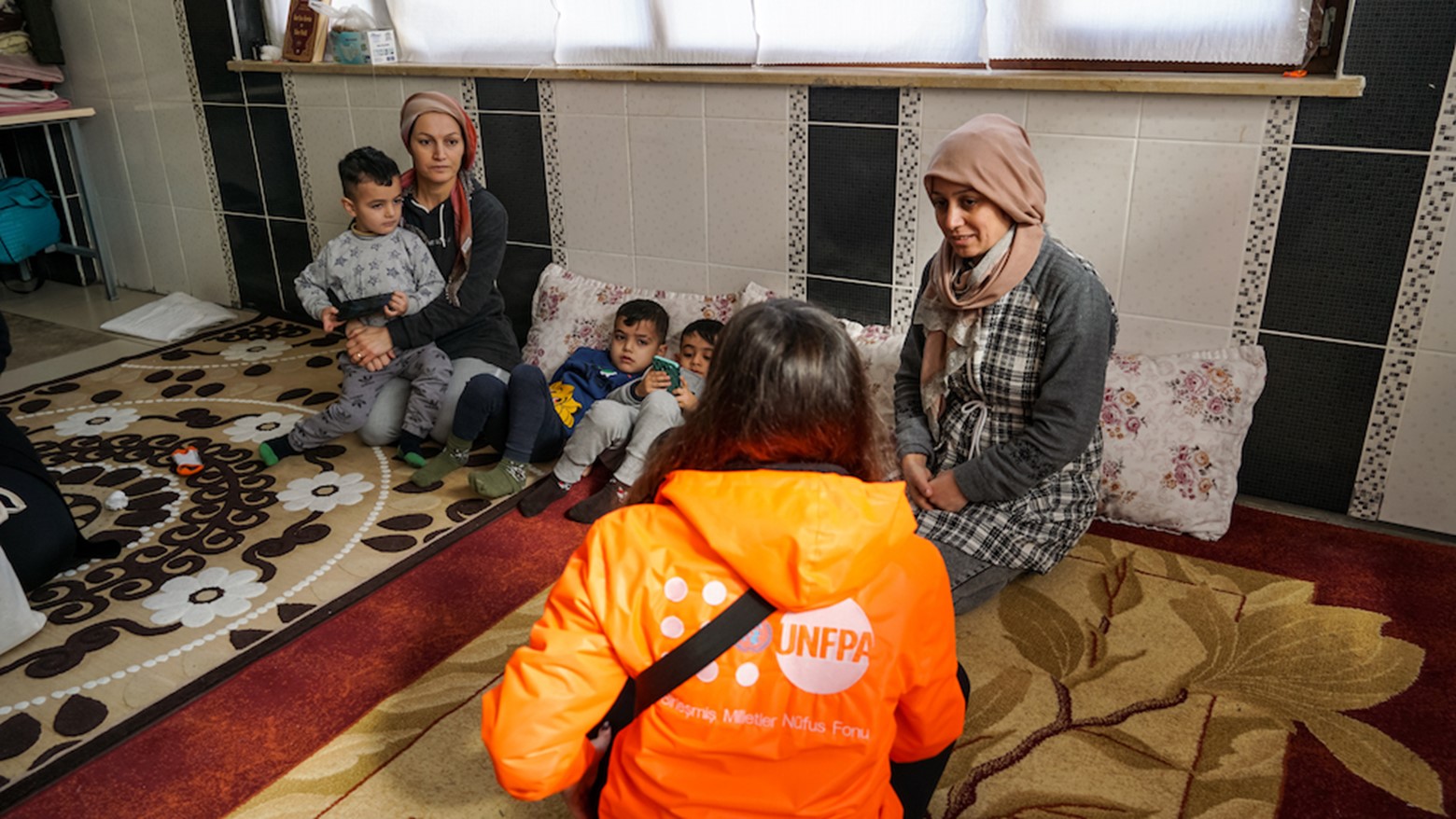
I lost everything in one minute
Early in the morning of 6 February, while most people were still sleeping, a powerful earthquake rocked Türkiye, carving death and destruction in the country’s southeast and in neighbouring Syria. Among the estimated 15 million people affected in Türkiye are over 214,000 pregnant women – of whom almost 24,000 are due to give birth in the next month. With essential medical supplies wiped out across the two countries and hundreds of health centres, maternity facilities and safe spaces damaged, UNFPA is on the ground across affected areas in both Türkiye and Syria and remains dedicated to re-establishing services critical to the well-being and protection of millions of vulnerable, traumatized women and girls in urgent need of maternal care and support.

